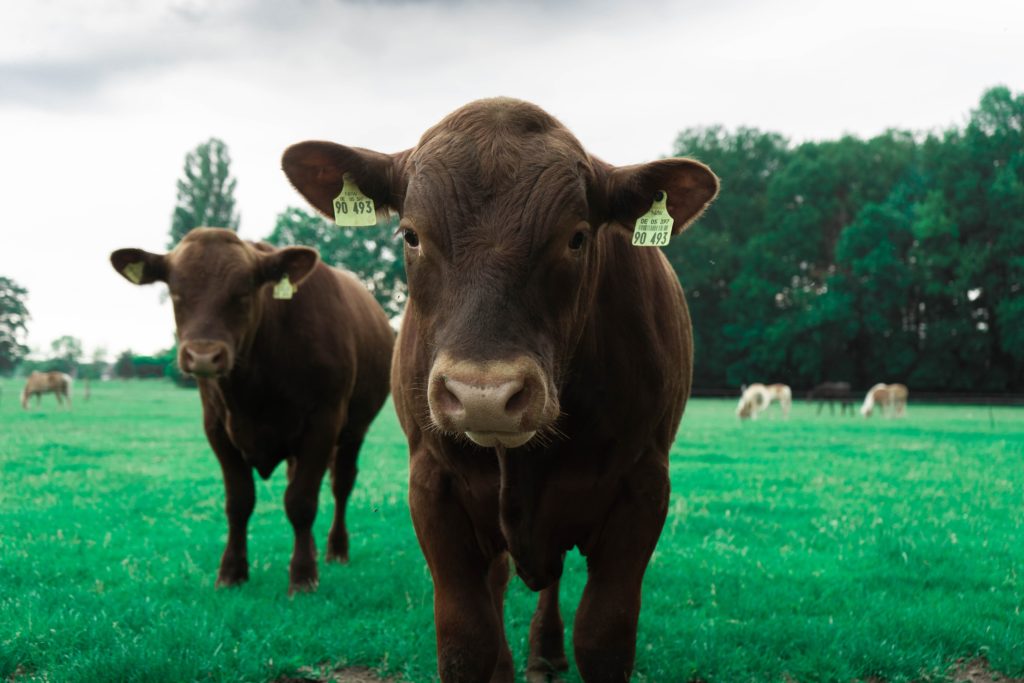Media: The five biggest threats to our natural world…and how we can stop them
As COP15 of the UN Convention on Biological Diversity talks began last week, The Guardian ran an article on the five main drivers of biodiversity loss and how countries can collectively act to tackle them. SEI’s Kevin Hicks was asked about the issue of nitrogen pollution.

The IPBES (Intergovernmental Science-Policy Platform on Biodiversity and Ecosystem Services) has identified five key drivers of biodiversity loss: changes in land and sea use; direct exploitation of natural resources; climate change; pollution; and the invasion of alien species.
The Guardian interviewed a number of experts on each of these drivers. Kevin Hicks, Senior Research Fellow at SEI York, was asked about the impact of nitrogen pollution on biodiversity loss.
About 80% of nitrogen used by humans, through food production, transport, energy and industrial and wastewater processes, is wasted and enters the environment as pollution. Kevin commented:
“One of the biggest problems is the flow of nitrogen from farming into watercourses. In terms of a nitrogen footprint, the most intensive thing that you can eat is meat. The more meat you eat, the more nitrogen you’re putting into the environment.”
He went on to explain that halting the waste of vast amounts of nitrogen fertilizer in agriculture is a key part of meeting the pollution reduction targets currently being negotiated at COP15 in Kunming, China.
Kevin, who is the acting European Director of the International Nitrogen Initiative (INI Europe), based his comments on the project “A Comprehensive Approach to Nitrogen in the UK”. Kevin led the project in collaboration with the World Wide Fund for Nature, Jenny Hawley at Plantlife International, Mark Sutton and Nicholas Cowan at the UK Centre for Ecology and Hydrology and Richard German, Luke Jones and Chris Dore at Aether. The report will be published later this year.
For all media enquiries please contact:
Frances Dixon
frances.dixon@york.ac.uk
+44 (0) 7859147820
@fdisxonSEI
For all media enquiries please contact:

Frances Dixon
Communication Manager
frances.dixon@york.ac.uk
+44 (0) 7859147820
fdisxonSEI
For all media enquiries please contact:
Frances Dixon
frances.dixon@york.ac.uk
+44 (0) 7859147820
@fdisxonSEI